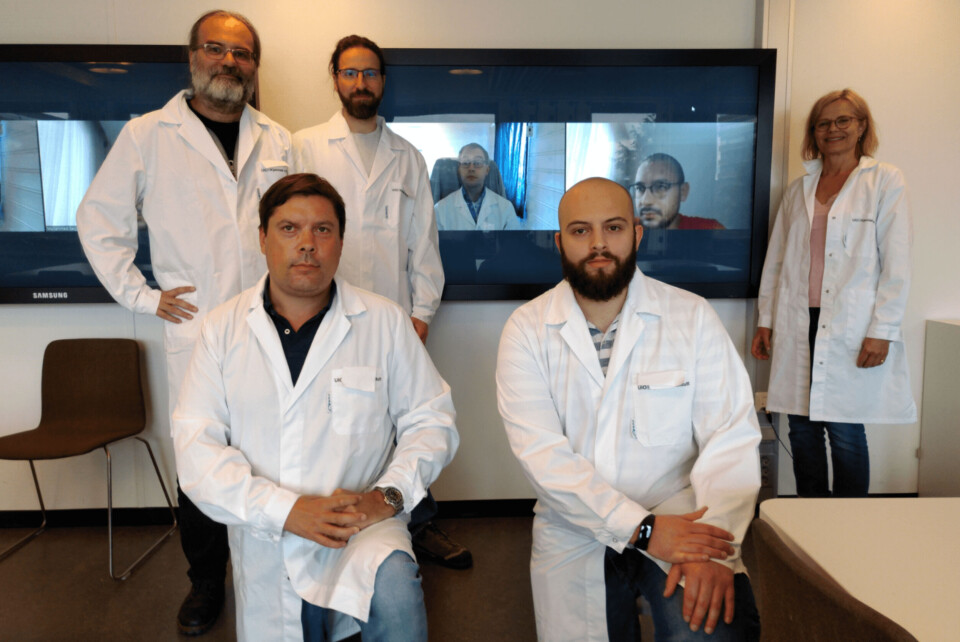
Students strike gold with AGD early warning work
A student team from the University of Oslo has won a gold medal in an international biotechnology competition for its work in developing a theoretical system that will recognise amoebic gill disease (AGD) in fish before the disease spreads and creates further damage.
The Sal.Coli system looks at the potential for modern technology and machine learning to observe and signal changes in fish behaviour based on a common movement pattern and recognise changes in just one or two fish among 100,000.
This would allow farmers to act earlier, when bath treatments are more effective than if the disease is spread to the entire cage population and the immune systems of all the fish are stressed.
Simulations
The students have used computer simulations of fish and machine learning to develop their system.
By making video clips of the simulations, they saw that an automatic system based on machine learning was much better at differentiating the swimming behaviour of healthy and sick fish.
They have also made plans for how to use genetic modification to get a bacterium to produce parts of a medicine that can treat gill disease, which is caused by amoebae that attack the respiratory organs (gills) of Atlantic salmon.
iGEM
The work has won the students a gold medal in an international biotechnology competition, International Genetically Engineered Machine (iGEM).
The team was also nominated for the award for best software in the competition.
About 300 teams from the world’s best universities participate in the annual competition, which normally culminates in the iGEM Jamboree in Boston in the United States and attracts around 6,000 students.
This year, restrictions caused by Covid-19 meant that instead, 4,800 students participated in a nine-day digital jamboree that ended with the presentation of awards yesterday.























































